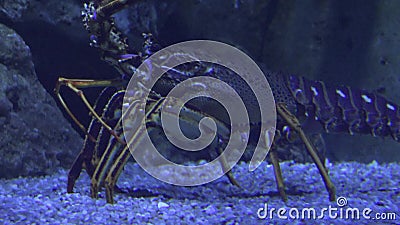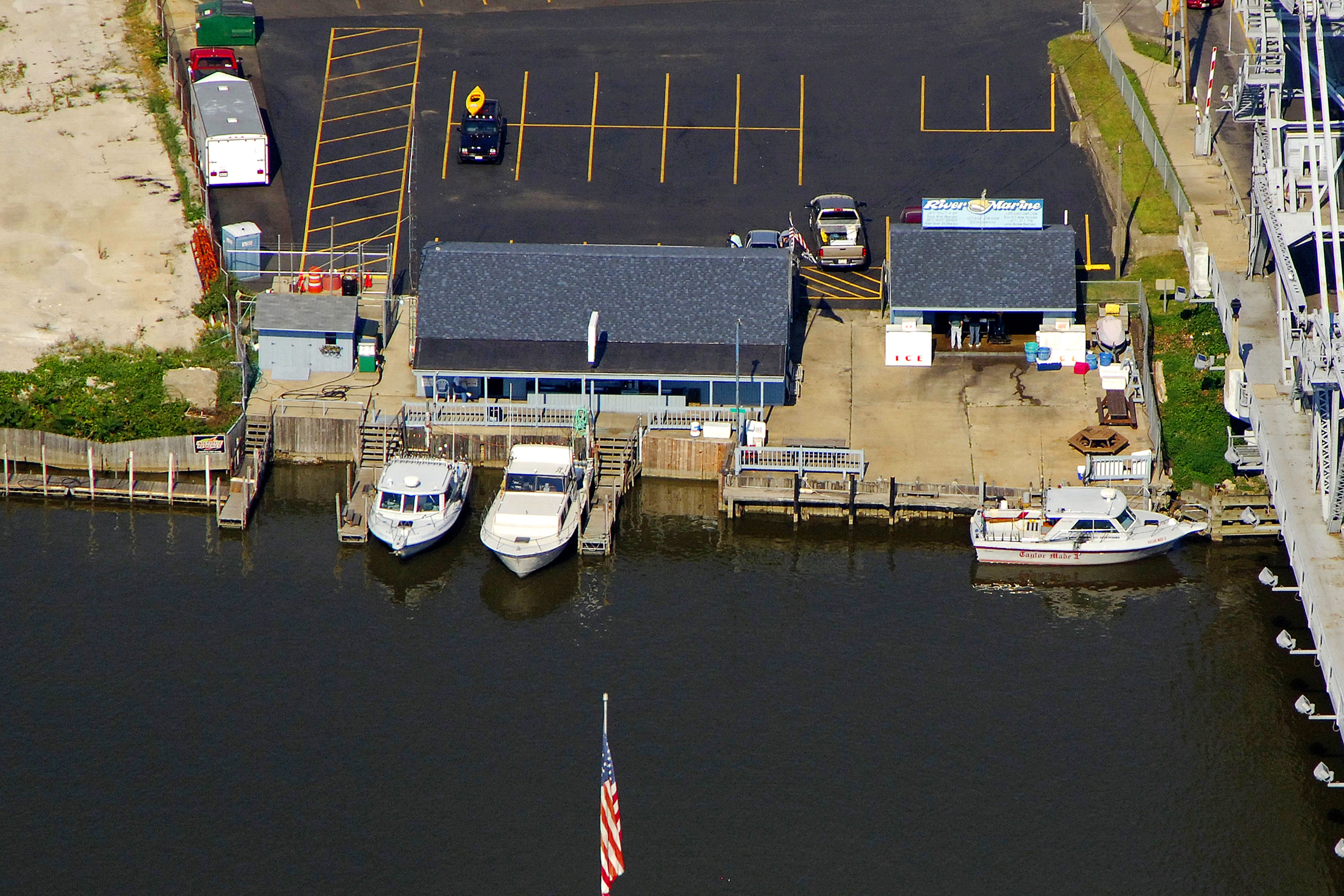

It shows that illegality or legality of exchanges, or even good and bad practices, are considered according to a kind of food morals. Fishing constitutes a perfect fieldwork to analyze the infra-political struggles around a fair price, especially because of the producers’ labile relationship to norms.
#UGLY FISH MARINE SUPPLY HOW TO#
What are the moral stakes of the question: what is the right fish to catch? And is not it more a matter of knowing how to fish well than knowing which fish to catch? The aim of the article is also to bring a perspective on this industry that is part of the moral economy tradition. Food morals lies in the definition of this “right” fish to catch. Its food morals are linked to the fact that producers do not grow or farm products, but hunt for wild animals and develop strategies to catch the right fish. The originality of this fieldwork and study lies in the fact that fishing is an industry with producing processes that engage with uncertainty. Another aim of the article is to bring to the field of food justice a perspective that is anchored in an original ethnographic terrain for this field-fishing. What sociological issues are at stake between producers, sellers, and consumers? The aim of this text is to question a system that could be perceived as binary, by putting it into perspective with the diversity of practices and actors in the Breton fishery. How do food inequities on the consumer side affect the whole fishing system, and in particular the choices and practices of producers? Can an industrial fish be noble? What is an “ugly” but “well-worked” fish? Which social assets do you need to have access to this or that fish, on a stall or on a quay? For which clientele is the small-scale fishing industry meant to survive?

Food networks are constituted through social distinction and even social inequalities, expressed through consumption practices, which in turn influence the practices of producers at the start of the supply chain. The product definitions, by using binary oppositions between categories, create contradictions between their uses. A whole palette of words is used onboard, on the quay, in fish shops, or in communication campaigns: noble fish, ugly fish, “well-worked” fish (“bien travaillé”), and industrial fish. The modalities of struggle for small scale fishermen, notably around the fluctuating setting of prices (Jorion, 2010), however, reveal agency opportunities, both because the methods with which they catch their “noble” fish correspond more closely to the specifications of gastronomic catering and “good food” (Hochedez & Le Gall, 2016), but also through a revaluation of discredited-or “forgotten”-fish, a term reminiscent of that used by locally sourced vegetable producers. This competition has been going on for a century, creating inequalities. But in fact, they regularly happen to land the same species of fish, especially the ones that are the most expensive products, and that have been considered “noble,” because of an historical context that we will explain in the first part of the article. Both types of economic actors work differently with fish, and allegedly target different species. Small-scale fishermen and industrial vessels do not land fish of the same quality, and in the same quantity.

The decrease of the inshore small boat fishing fleets is to the benefit of larger units that fish offshore and are grouped in an “ armement”-a larger fishing boats company. It can also be shared through informal circuits organized around “the fisherman’s cut”-called “godaille” in France (gift or sale of an in-kind wage share normally intended for personal consumption and also known as “fake fish”). It can be sold in an auction, directly on the quay “at the back of the boat” or through short food supply chains. The process of valuation of the caught product, fish, or shellfish is a cornerstone of the political struggles. With the effects of overfishing (Cury, 2019 Gascuel, 2019) and the successive crises of the fishing industry since the 1990s, political conflicts between small-scale Breton fishermen and the largest fishing companies have been deepening (Clouette, 2019).


 0 kommentar(er)
0 kommentar(er)
